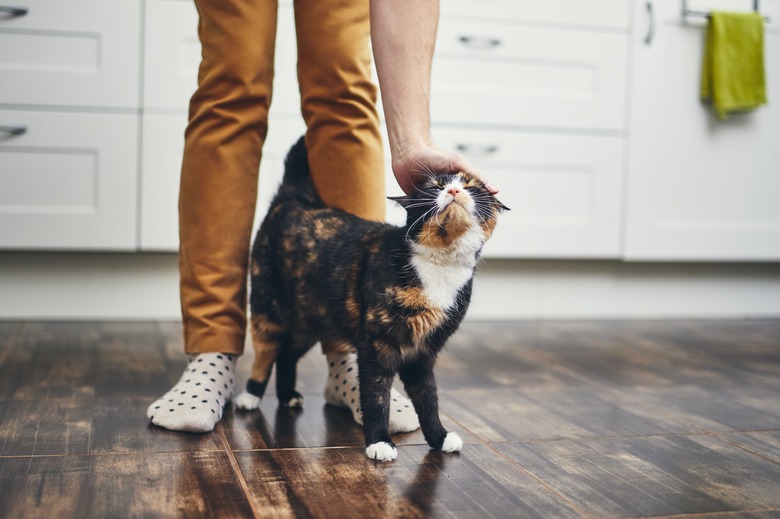Do Cats Know When Another Cat Dies?
Dealing with loss, especially when it's the loss of a best friend, is one of the most difficult things that we have to do as humans. If your cat passes away, it can be devastating, but when your other cat loses its buddy in the process, the situation becomes more complicated. The more you understand about cat grief, the better you can be prepared to help your cat through this process.
Do cats grieve?
Do cats grieve?
We often think of cats as being aloof and solitary, but cats absolutely can grieve for the loss of a person or another animal that they are strongly attached to. It's difficult to say whether cats mourn exactly like humans do, but cats do appear to recognize when a loved one is missing and they do appear to grieve that absence.
It's important to recognize some substantial differences between cat grief and human grief. Humans can grieve distant relatives and can grieve for people lost in tragedies who they never actually knew but cats only grieve for those people or animals they were strongly attached to. Humans have rituals to help them through their mourning, like attending memorial services and funerals, and cats do not have these options. When a cat is mourning, they usually do so with behavioral changes.
Signs of cat grief
Signs of cat grief
Cats can behave in many different ways after the loss of another cat. Some cats show no signs of grief at all, and they may even appear happy to be the only cat in the home. You may notice a grieving cat meowing more than usual, and some grieving cats lose interest in their surroundings. Some cats appear utterly depressed and may lose their appetite.
A study performed by the American Society for the Prevention of Cruelty to Animals discovered that 46 percent of grieving cats ate less than usual after a companion cat died. About 70 percent of grieving cats meowed either more often or less than was normal. Over half of the cats in the study became more affectionate toward their owners, and many of the cats slept more or slept in different places in the house. Many of the cats exhibited multiple symptoms.
In some cases, a grieving cat may misbehave. You may find your grieving cat urinating outside of the litter box, knocking things over, and becoming very vocal. It may be tempting to get frustrated at your cat for this behavior, but remember that your cat is probably acting out of grief (though issues like urinating outside of the litterbox could be caused by physical issues, so a vet checkup is a good idea). Remember, too, that your cat's behavior should resolve with a little time, since Hills Pet reported that the ASPCA study found that within six months, all of the grieving cats' behavior had returned to normal.
How to help your cat
How to help your cat
It's hard to see your cat in mourning for their companion, but there are a number of ways you can help your cat through your grief. Try to minimize other household changes during this time, since your cat will be trying to work through the change of being without their buddy. Keeping your cat's routine the same can also offer reassurance and stability.
Your cat may lack an appetite during the initial stages of grief, but it's important to encourage him to eat. You can warm your cat's food a bit to make it more enticing, or add in bits of special treats like tuna or chicken pieces. If your cat doesn't eat for three days, call your vet for advice.
Try to spend some quality time with your cat while he's in mourning. Sitting with your cat, brushing him, and playing with him (if he's willing to play) can help create a more positive environment for your cat. Don't get another cat right away, since this can add stress for both you and your current cat. Instead, take time so that you can both mourn your friend. Chances are that you'll both be ready to welcome another cat into the home once enough time has passed.
Always check with your veterinarian before changing your pet's diet, medication, or physical activity routines. This information is not a substitute for a vet's opinion.
